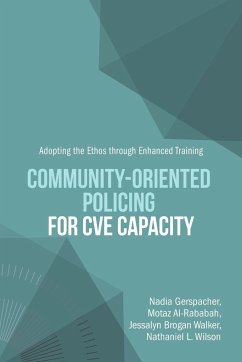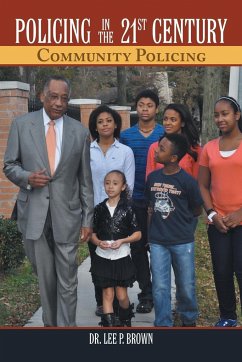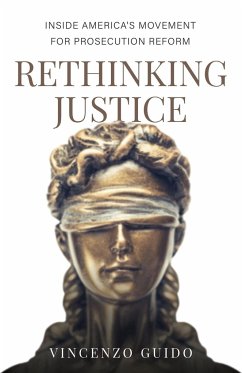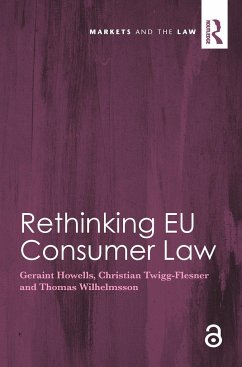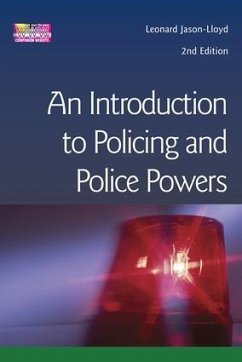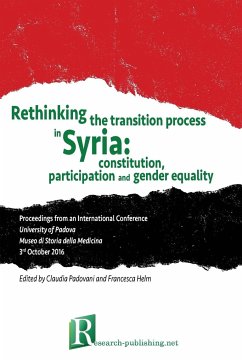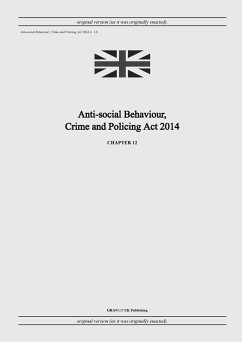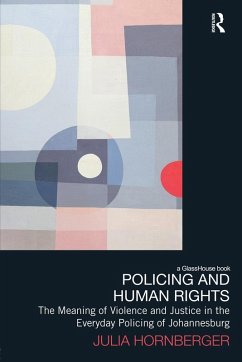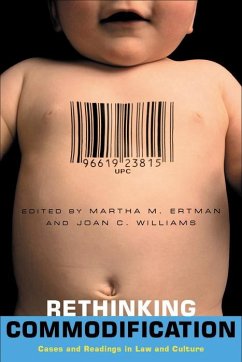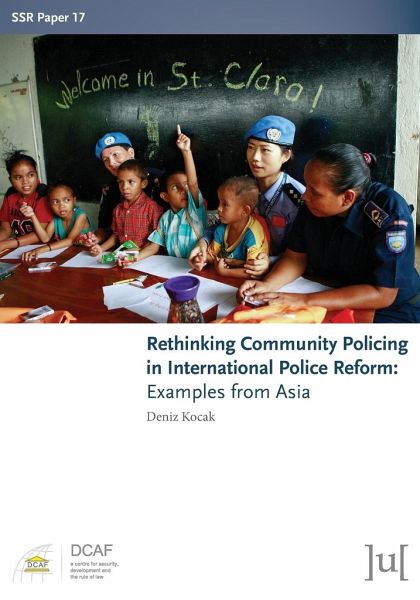
Rethinking Community Policing in International Police Reform
Examples from Asia
Versandkostenfrei!
Versandfertig in 1-2 Wochen
9,99 €
inkl. MwSt.

PAYBACK Punkte
5 °P sammeln!
Community policing has often been promoted, particularly in liberal democratic societies, as the best approach to align police services with the principles of good security sector governance (SSG). The stated goal of the community policing approach is to reduce fear of crime within communities, and to overcome mutual distrust between the police and the communities they serve by promoting police-citizen partnerships. This SSR Paper traces the historical origins of the concept of community policing in Victorian Great Britain and analyses the processes of transfer, implementation, and adaptation ...
Community policing has often been promoted, particularly in liberal democratic societies, as the best approach to align police services with the principles of good security sector governance (SSG). The stated goal of the community policing approach is to reduce fear of crime within communities, and to overcome mutual distrust between the police and the communities they serve by promoting police-citizen partnerships. This SSR Paper traces the historical origins of the concept of community policing in Victorian Great Britain and analyses the processes of transfer, implementation, and adaptation of approaches to community policing in Imperial- and post-war Japan, Singapore, and Timor-Leste. The study identifies the factors that were conducive or constraining to the establishment of community policing in each case. It concludes that basic elements of police professionalism and local ownership are necessary preconditions for successfully implementing community policing according to the principles of good SSG. Moreover, external initiatives for community policing must be more closely aligned to the realities of the local context.





